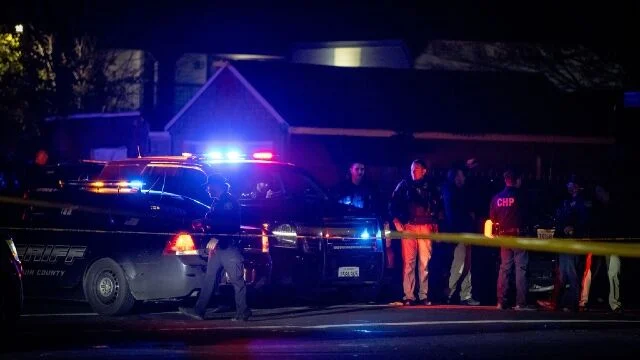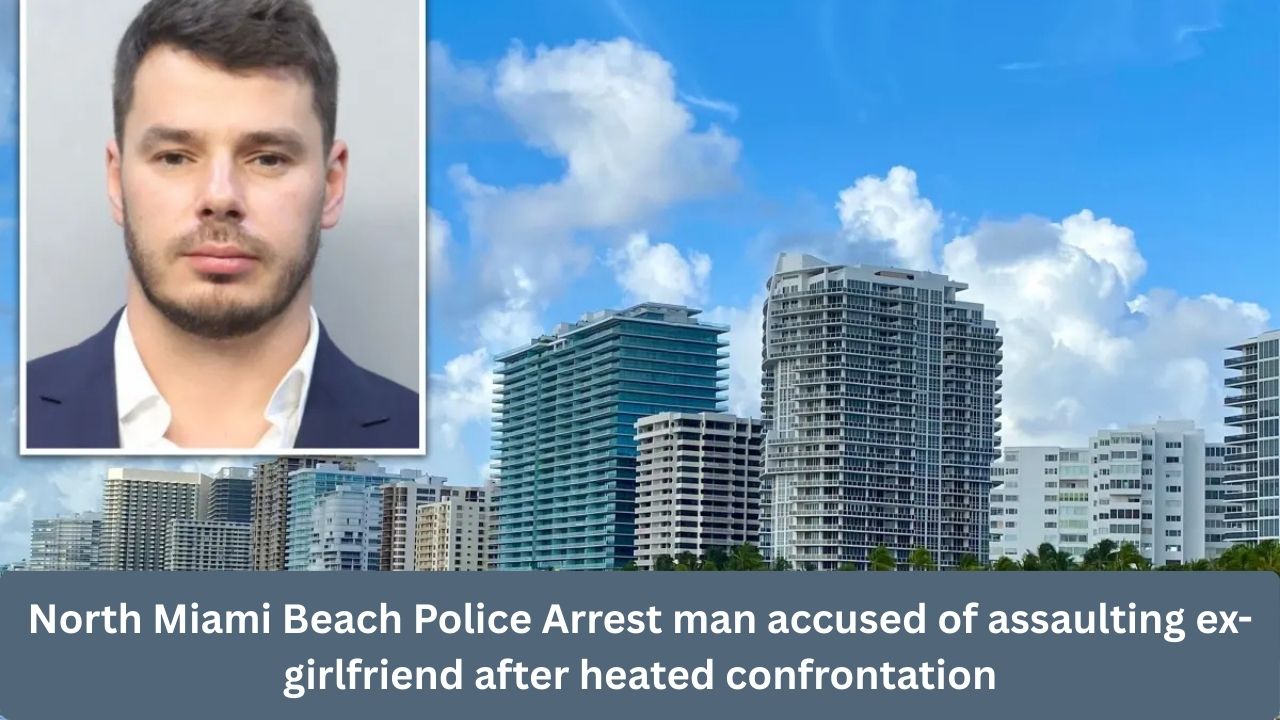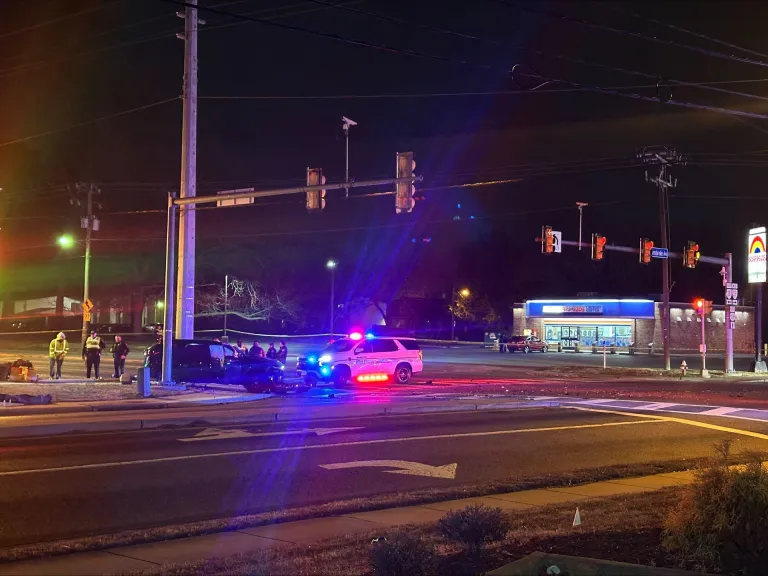A key component of Florida’s tough new immigration enforcement plan is Palm Beach County. municipal law enforcement agencies in the county signed up to increased collaboration with ICE in 2025 at the behest of Governor Ron DeSantis, which alarmed immigrant communities, civil rights activists, and even some municipal authorities. Palm Beach’s sheriffs and deputies are increasingly being employed as “force multipliers” in what detractors refer to as a politically motivated crackdown as ICE operations in the region pick up steam.
This case is significant because it highlights a significant change: Florida is putting local police and county sheriffs at the heart of immigration enforcement, rather than merely assisting federal enforcement. This shift is causing significant anxiety in communities and changing how immigrants perceive public safety.
Quick Info
| What’s Happening | Why It’s Significant |
|---|---|
| Florida signs new 287(g) agreements | State and local law enforcement now have more power to assist ICE. |
| ICE arrests in Palm Beach | In a recent operation, ICE arrested 32 undocumented migrants in the county. |
| Sheriff’s role | The Palm Beach County Sheriff’s Office will cooperate with ICE when there’s a federal warrant — but promises no mass “sweeps.” |
| State funding | Officers receive bonuses and county jail beds are being funded to handle ICE-related detainees. |
| Public concern | Local immigrant advocates warn of profiling, fear, and a chilling effect in communities. |
Palm Beach County Pulled Into the Spotlight
One of the areas where Florida’s immigration enforcement is now most aggressive is Palm Beach County. In 2025, the state took swift action to broaden a program that permits local law enforcement to collaborate directly with federal authorities. Local cops are authorized to help with immigration checks, detentions, and transfers under the program, which is sometimes referred to by its legislative section number.
State authorities believe Palm Beach is the perfect location to bolster enforcement because of its sizable immigrant population and well-funded sheriff’s office.
The outcome? More trained cops, more federal cooperation, and more people in the neighborhood wondering about what happens next.
Recent Arrests Signal a New Phase
Federal immigration officials carried out targeted operations around Palm Beach County in the early stages of this year. During the raid, more than 20 people without legal status were taken into custody. The scope of the operation demonstrated how seriously the state takes immigration enforcement in this area, even if the majority had prior run-ins with the law, according to officials.
These weren’t haphazard street stops. Officers followed the people they had been keeping an eye on for weeks, picking them up at public places, offices, and residences. Palm Beach County is now a priority location, and that was the unmistakable message.
Sheriff Bradshaw Tries to Calm Fears
Palm Beach County Sheriff Ric Bradshaw has stressed that his deputies would not be stopping people just to check their immigration status, despite the state’s assertive attitude. He maintains that only federal officials with legitimate warrants will receive assistance from his agency.
“We are not doing random sweeps” has been his primary message to the community.
However, many immigrants, especially those with documentation, remain anxious despite these promises. People are concerned that regular encounters may possibly worsen when immigration enforcement is prominent and well-funded.
Money Is Fueling the Expansion
This immigration drive has received significant funding from Florida. Large monies have been given to Palm Beach County specifically to cover:
- Deputies working extra to support federal activities
- Detainees’ transportation expenses
- instruction for local law enforcement
- instruments for quick biometric identification
Critics contend that the state is attempting to turn local police departments into extensions of immigration enforcement in part because of these financial incentives.
Proponents contend that the financing guarantees the removal of dangerous criminals from the community and contributes to public safety. The majority of those apprehended in enforcement efforts, according to critics, are working families attempting to make ends meet rather than dangerous criminals.
Community Tension Continues to Grow
Community organizations and supporters have been planning protests, information sessions, and meetings as more information about the state’s enforcement measures becomes available. Many families report that they are now keeping kids at home unless absolutely essential, cutting back on travel, and avoiding pointless activities.
There are more unmarked cars and cops working alongside what look to be federal agents, according to a number of neighbors in immigrant-heavy communities. The presence alone is enough to cause worry, even if officials deny making any arbitrary stops.
Local advocacy groups caution that the increase in enforcement may send immigrants, including those who are in the country legally, into hiding, decreasing their cooperation with the police and making them more susceptible to exploitation.
Why Palm Beach Is the Ideal Testing Ground
Palm Beach County is an ideal site for increased immigration enforcement for a number of reasons:
large number of immigrants
The county is a varied and high-impact location for enforcement since its population come from dozens of different nations.
robust sheriff’s office
Coordinating activities is made simpler with a large team and cutting-edge technology.
Excellent visibility
Both the state and the nation pay attention to what occurs in Palm Beach.
Political principles
Success here is seen by state officials as evidence that their approach is effective.
What to Expect Moving Forward
According to experts, Florida will probably keep stepping up its enforcement efforts in 2025. Residents in Palm Beach County should anticipate:
- increased cooperation between federal agents and local deputies
- Under the enhanced authority program, additional cops received training.
- increasing public remarks by local politicians and community gatherings
- additional worries from families worried about being detained or deported
- possible legal challenges from civil rights organizations
The county’s response to these events will have a lasting impact on public safety and trust.












Leave a Reply